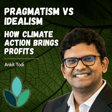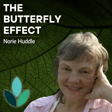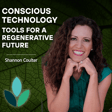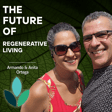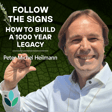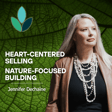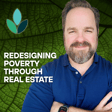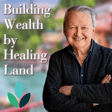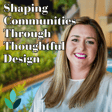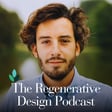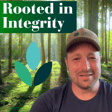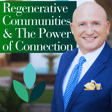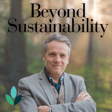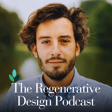
Ep. 18 - Nurse Ruth - Growing Together: How Gardens and Sustainability Transform Elder Care
“Growth doesn’t stop with age. Gardens teach us that with the right care, anything can thrive—even in life’s later seasons.”
Sustainable living isn’t just a lifestyle; it’s a mindset that touches everything from how we grow our food to how we care for each other. This episode explores the transformative power of gardens and natural spaces in elder care, emphasizing the need to reconnect with nature to create a more fulfilling and sustainable future. The conversation highlights actionable strategies that integrate gardening, holistic health, and community care into personalized approaches that enrich lives and the environment.
Guest Bio:
Nurse Ruth is a 50-year veteran of the nursing industry and a pioneer in integrating sustainability into elder care. After retiring, she founded two clinics and a caregiving service, blending her passion for personalized care with innovative practices like gardening, diet shifts, and community building. Ruth’s approach demonstrates that growth and healing can happen at any age, especially when rooted in nature.
Explore these valuable resources to further your journey in regenerative design:
Discover more about Regenerative design at Paulownia Landscape Architects. https://www.paulownia-la.com/.
Dive into the Twelve Laws of Nature and unlock the secrets of harmonizing with our planet at https://www.12lawsofnature.com/.
Fulfill your garden aspirations with expert guidance from the Garden of Your Dreams masterclass at https://www.gardenofyourdreams.com/.
Ready to take actionable steps towards your dream garden? Book a complimentary 30-minute training session with Matthieu for immediate results: https://calendly.com/garden-of-your-dreams.
